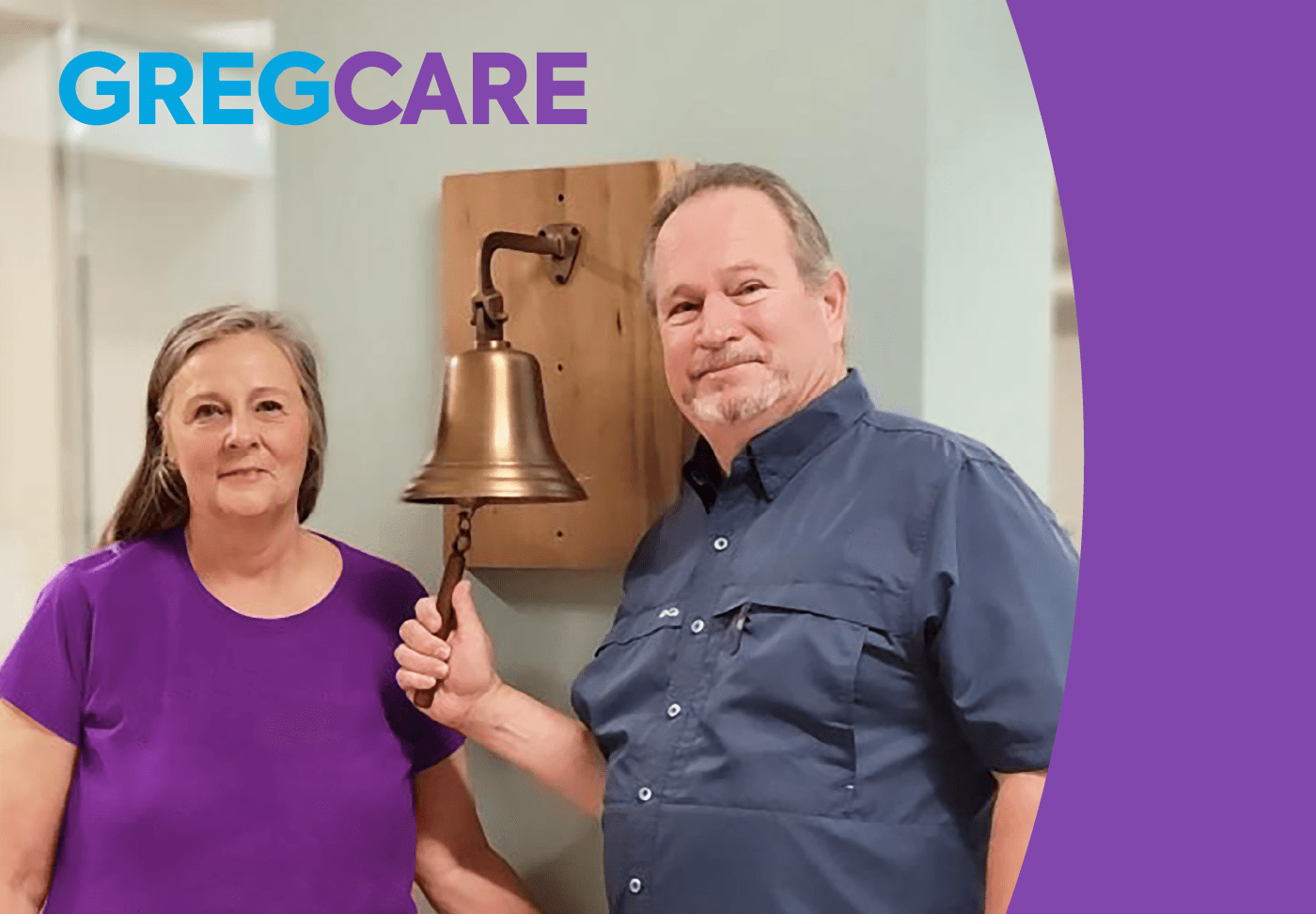If you’re a sports fan, you probably know your stats.
Like how NBA Hall of Famer Dominique Wilkins remains undefeated in Atlanta Hawks history for points (23,292) and ranks second in team history in steals (1,245). But there are a few, even more important numbers you should know off the top of your head: your health stats.
Do you know your blood pressure? What about your low-density lipoproteins? Maybe you can clock an eight-minute mile or bench press 250 pounds, but do you know your hemoglobin A1C?
Men are less likely than women to see their healthcare team once a year. Wellstar Primary Care Physician Dr. Tameka Byrd said it’s crucial men stay up to date on preventative care and essential screenings.
“Yearly physicals can catch illnesses before they start and prevent health issues from getting worse,” Dr. Byrd said. “Your primary care provider will tailor a screening plan depending on your age, health history and other factors so you can proactive with your wellness.”
Getting and staying healthy doesn’t just help us feel better—it ensures we can be there for those we care about too.
“It’s also for loved ones—spouses, partners, children and parents. We’re not only here for us. We’re here for our friends and family,” said Wellstar Urologist Dr. Scott Miller. “The best thing you can do for those you care for is to take care of yourself.”
Stats all men should know to stay in the game include:
Body mass index (BMI)
BMI determines whether you have a healthy body weight and categorizes obesity levels. A recommended BMI range is between 18.5 to 25.
Low-density (LDL) and high-density lipoprotein (HDL) cholesterol
This blood test measures cholesterol levels and should be part of your wellness routine starting in your 20s. For men 20 or older, healthy LDL levels should be under 100 milligrams per deciliter and aim to keep your HDL above 40.
Blood pressure
Your clinician will take your blood pressure during your regular visit, but you can also find blood pressure checking stations at many pharmacies or buy your own device to use at home. Blood pressure under 120/80 is considered ideal.
Hemoglobin A1C
This metric measures whether or not you have healthy blood sugar. If you are diabetic, you should check your A1C every three months.
Prostate-specific antigen test (PSA)
Men who are 50 or older should discuss prostate cancer testing with their clinician, according to the American Cancer Society. Men at a higher risk, including Black men and those who had a brother or father diagnosed with cancer before age 65, should ask their care team about testing at age 45. Patients who had more than one close relative with prostate cancer at an early age should have this conversation with their clinician when they’re 40. The Wellstar Prostate Health Program evaluates and treats people with a higher risk for prostate conditions.
An abnormal PSA result could be an indication of prostate cancer. For men in their 40s and 50s, a PSA score higher than 2.5 nanograms per milliliter is considered abnormal, and men in their 60s should have a PSA score of 4.0 nanograms per milliliter or less.
Along with staying up to date on those health stats, men should also be getting regular colorectal cancer screenings. The American Cancer Society recommends that people at average risk for colorectal cancer screening get checked regularly beginning at age 45. Screenings should continue through age 75, and after that patients can discuss their personal risk and history with their clinician.
Your Wellstar primary care team will partner with you in creating a personalized health plan. Find a provider near you and book online or locate an Augusta area provider.





